Modern bassists
First of all, I’d like to make a little lyrical digression and define what prog-metal is. I myself am not a big fan of sorting out genres and styles of music. In my opinion sticking to a certain genre, puts you in a monotonous box. Personally I divide music into only two categories: like and dislike.
It’s just that I’ve noticed a new category of bass players lately. A kind of new image, if you like. As a rule, they are very technical musicians, often with a strong education. They often have a multi-menual bass with fan frets and a lot of strings. They like Darkglass, hardly ever grow their hair out and even wear glasses. Just to somehow identify for myself a new type of bassist I mentally classify them as prog bassists.
Personally, I think prog/progressive/progressive is a concept stretching almost to infinity. Prog is a band called Tool, a band called Pink Floyd, a djazz trio called Animals as Leaders, a Canadian supergroup called Intervals. I mean, if you think that the listed bassists don’t play jazz or prog-rock, then you can write in comments to what direction you would refer these bassists to.

Stay safe in the Internet!
✔Subscribe to our Telegram channel and get fresh VPN discount promocodes, exclusive offers, and coupons every week.
Get VPN DiscountsAlso, this is not an article about learning to play prog on bass. It is rather an attempt to create a portrait of the modern bass player by looking at three different musicians.
- The intellectual Jakob Umansky of the prog-metal band Intervals.
- Impulsive bassist Adam “Nolly” Getgood of Periphery.
- And the berserker of the bass world – Ilja “John” Lappin from the German prog-rock band The Hirsch Effekt.
Jacob Umansky of the band Intervals

Jacob Umansky. Professional musician, session bassist, educator. He is currently the bassist for prog-metal band Intervals.
Born and raised in Long Island, New York. He began playing music as a child and, like many, picked up acoustic guitar, but learned to play bass even at the age of 7. As a child and teenager he was a member of many school music groups. Learned music theory and jazz standards. As a schoolboy he took part in the Berkeley University Jazz Festival, where he won the jury award for most outstanding performance (played the double bass).
In case anyone doesn’t know, the Berkley college of music is probably the most respected college of music in the world.))
As one may easily guess, at the age of 17 Jacob Umansky enters Berkley and spent the next four years studying music under close supervision of the best of the best. Among his teachers are such guys as Steve Bailey (Weather Report), White Brown, and many musicians of world renown.
After graduating college he became the bassist in the Canadian prog-metal band Intervals, with which he has toured the world today.
Also plays in the band JIA. He also actively works as a session musician and teacher. By the way, you can sign up for a lesson, the pleasure costs from 30$ for a half an hour. Seems like a cool opportunity to me.
He is an endorser of such great brands as Dingwall, Darkglass, Neural (software for musicians). Has a named model of a Dingwall bass guitar.
What can I say about my Dingwall bass guitar… It’s the best instrument I’ve ever come across. Whether I’m playing at a heavy metal festival or a small jazz club, the Dingwall does equally well everywhere.
Adam “Nolly” Getgood. Adam “Nolly” Getgood bassist for prog-metal band Periphery
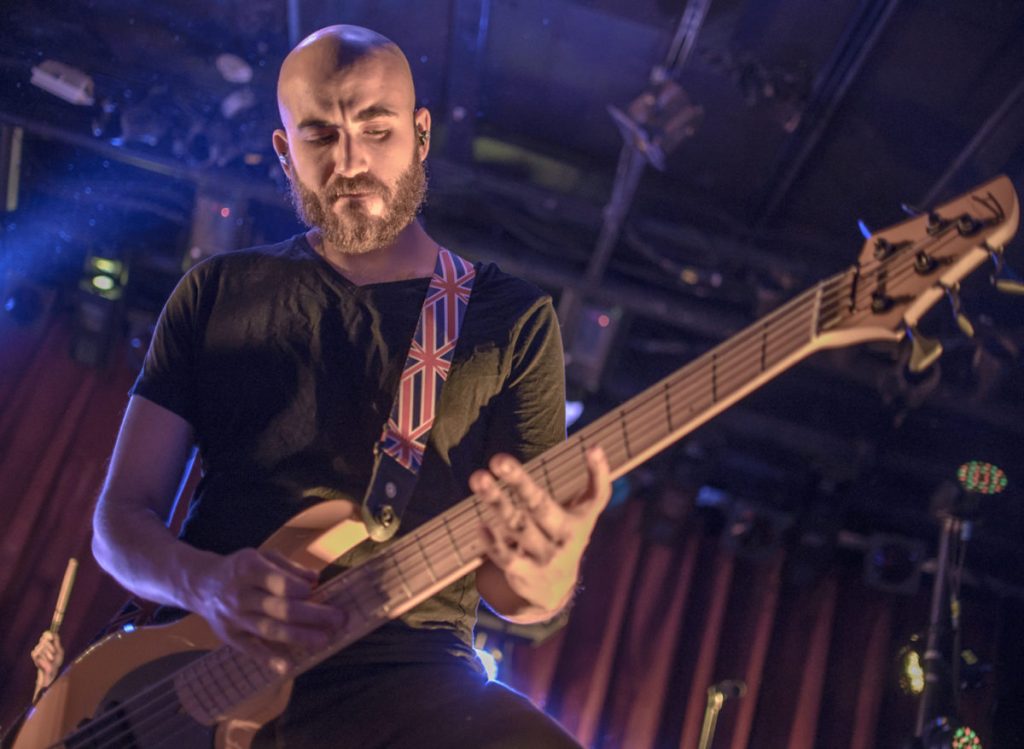
It’s worth mentioning that Adam “Nolly” Getgood, is not a bassist as such, he is primarily a musician, producer, sound engineer, and guitarist.
Adam plays bass guitar in the band Periphery, who are among the pioneers of the prog-metal and dingwall genres.
Born in Singapore, he lives in obscure England.
As clichéd as it sounds, Adam has had a passion for music since early childhood. His father is a professional musician and pianist. Adam Nolly studied the piano until around the age of 14, also occasionally trying his hand at the cello and clarinet.
When I became a teenager, I decided I wanted something louder and more aggressive. Initially I was leaning towards drums, but I was intimidated by the size of a drum kit and its volume. Then the compromise was a Stratocaster… I have a degree in electric guitar, by the way.
The musician graduated from the University of Modern Music in Bristol. It is interesting, that Adam “Nolly” Getgood took up the bass guitar as a member of Periphery. Prior to that he considered a bass guitar as an addition to his guitar playing. Now the musician considers the bass guitar to be his main instrument.
As well as Jakob Umanski is tightly linked with Dingwall multiscale bass guitars. You can order yourself a named model, if you wish.
Incidentally, the video for Periphery’s ‘Prayer position’ has become the most viewed playthrough video to date on all of YouTube. If you haven’t seen it yet, I definitely recommend it.
Ilja “John” Lappin. Modern bassist of prog-metal band The Hirsch Effect
The third protagonist of my today’s article is slightly less known than previous two musicians. It’s Ilja “John” Lappin of the German band The Hirsch Effect. I first got to know about him when I was searching material for an article about Darkglass pedals and saw his video on YouTube.
Of course, after that I did a long and expensive investigation (looked it up on Wikipedia) and found out about The Hirsch Effekt. I have to confess, these guys are now a permanent fixture in my player, and Agitation is probably one of the best songs of recent years in my personal top list.
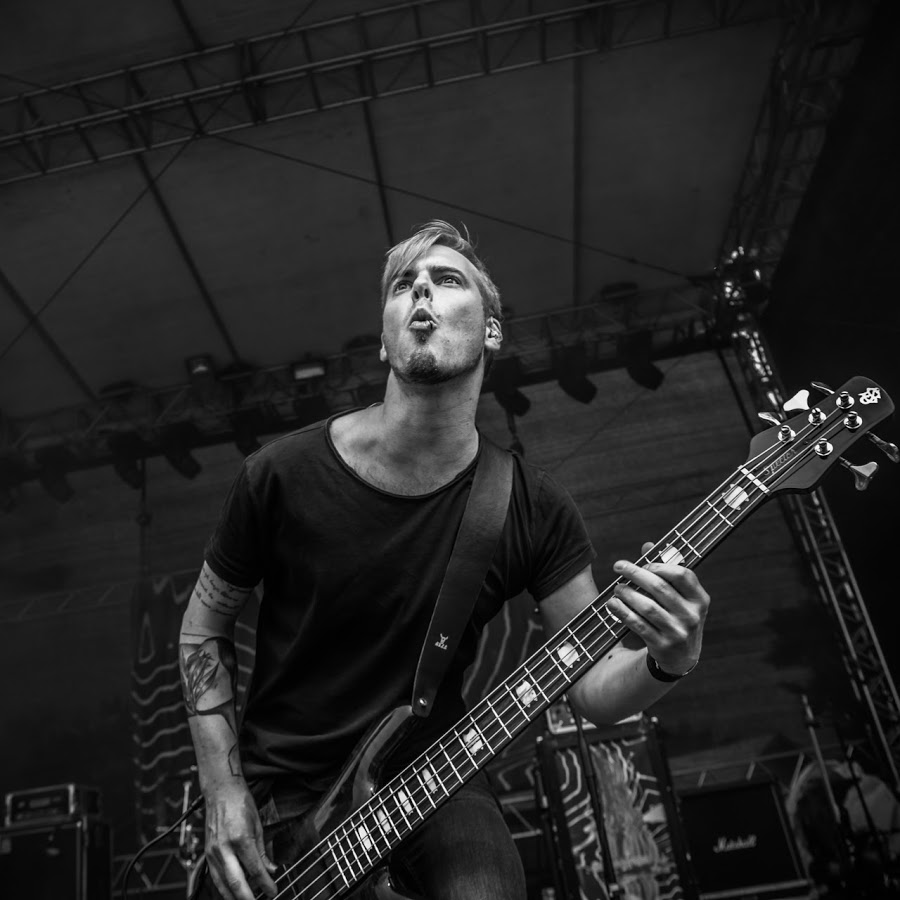
As for their style, I like the definition of artcore the best. But actually their music is a very tasty salad which has a mixture of everything from death metal to Brazilian samba. And that’s why I think this band could be classified as prog-rock. At such mixes of genres proportions are very important, but they are Germans for doing everything laboriously and precisely. In general, if you were looking for a tasty German rock band with both meat and intelligence, then pay attention to The Hirsch Effekt.
Unfortunately, there’s very little biographical information about Ilya. I’ve translated a lot of articles from English, but found very little…
Ilja “John Lappin” is a musician, composer, modern bassist and cellist from Germany, Hannover. As the most of modern musicians he isn’t chained to one band and actively works as session, studio bassist, participates in collocations with other musicians. He also appears on basstheworld channel occasionally, as a guest musician for reviews.
He regularly uses a Spector 5-string bass guitar, presumably from the Euro series. Has also been spotted with a bass from Music Man.
I literally think Ilya is one of the most technically advanced bassists in the heavy metal segment, and he plays whatever technique he can, slap, fingerstyle, tapping. And in general The Hirsch Effect’s music is complex and rich enough, there is room to flourish… Though trying to describe music in words is a thankless task. You’d better watch the playthrough of “Lifnej”.
Prog+Djent=Djazz?
What I’d like to say at the end… I don’t know, maybe I’m getting old, but I think we live in a very interesting time, when the world is changing faster and faster. Pastorius’ solo album was released in 1976, almost half a century has passed since then. The world of music has changed a lot, including technically. Bassists are playing more and more notes and doing it faster and faster… Genre boundaries are disappearing and everything flows into each other… Albums recorded at home cannot be distinguished from studio albums in quality and social networks are giving everyone a place on stage… I don’t think it’s good or bad – it just differs.
The most important thing is that by modifying, the music remains the same weird, magical thing that bobs my head whether I want it to or not…
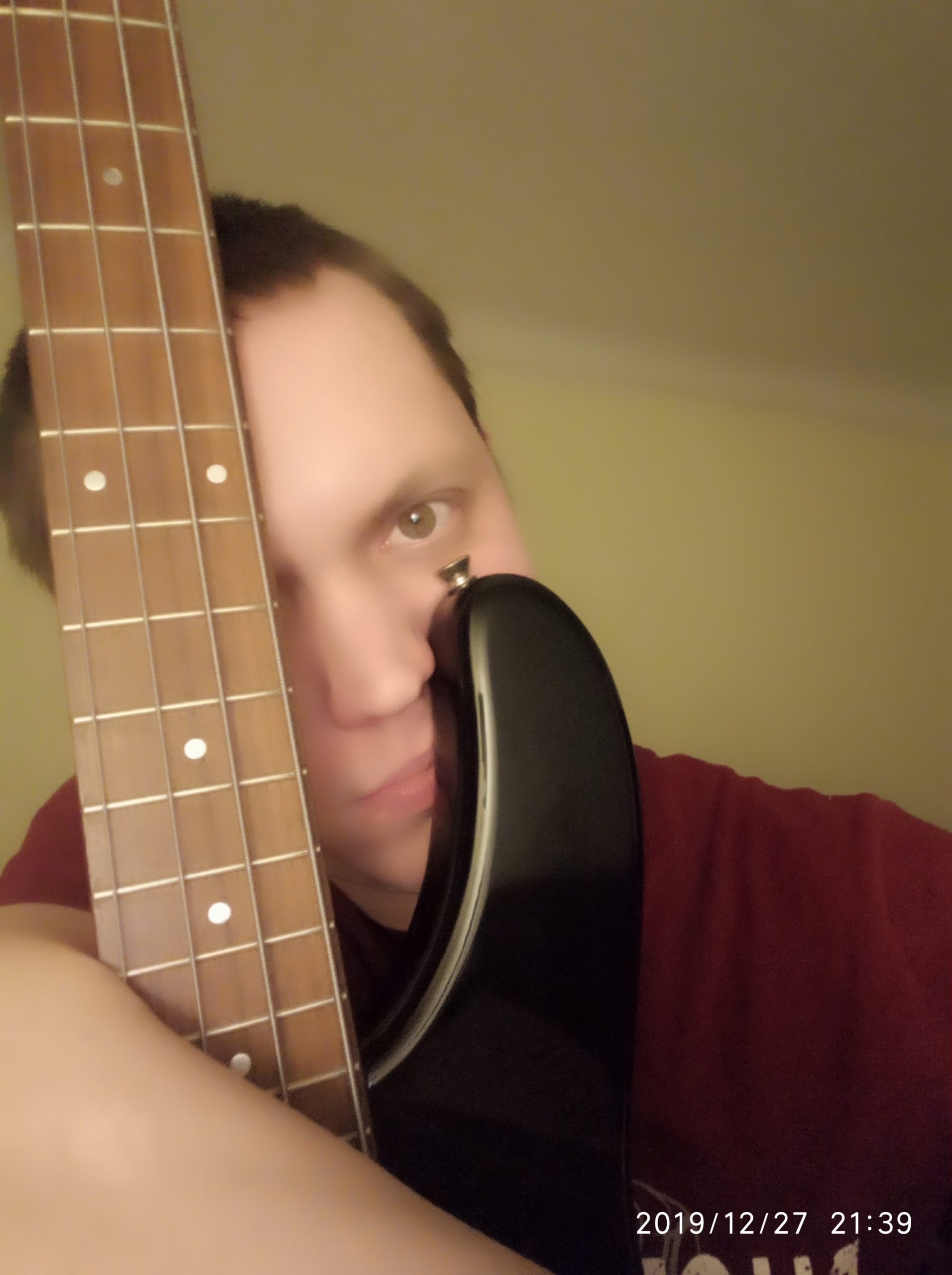
Hey, fellow bassists and musicians overall!
I’m nothing more than just bass player and enthusiastic blogger. Feel free to ask any questions in the comments.
Huge thanks for all crazy people who supports this resource. Keep groovin’!
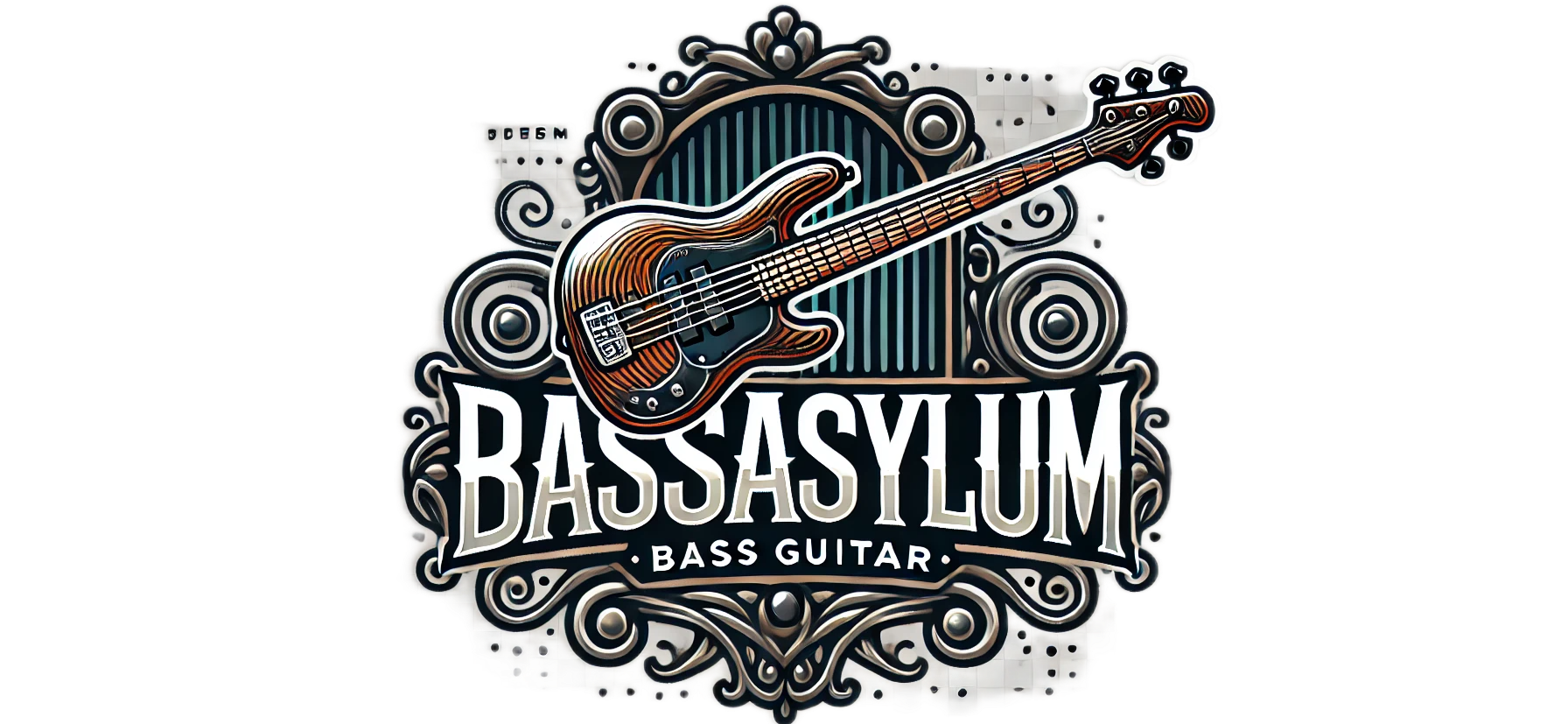
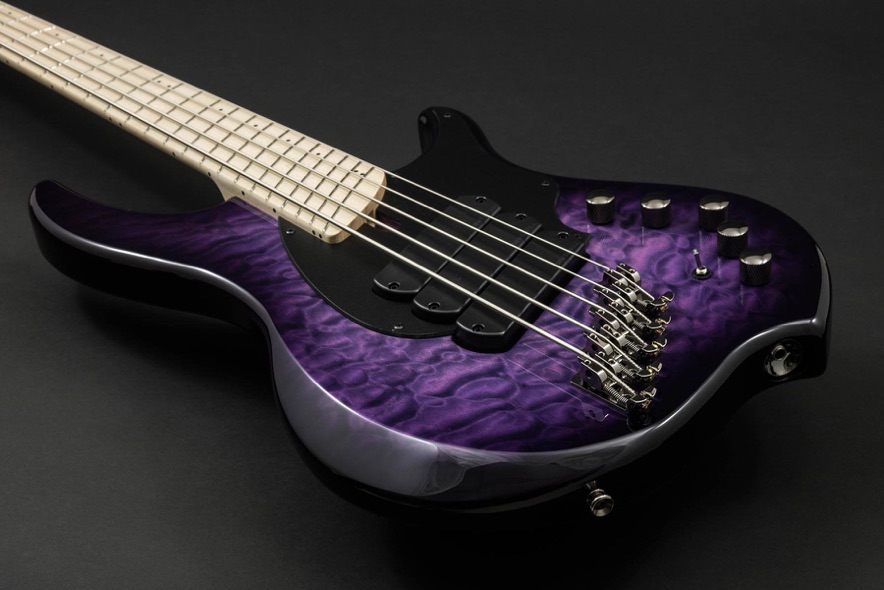
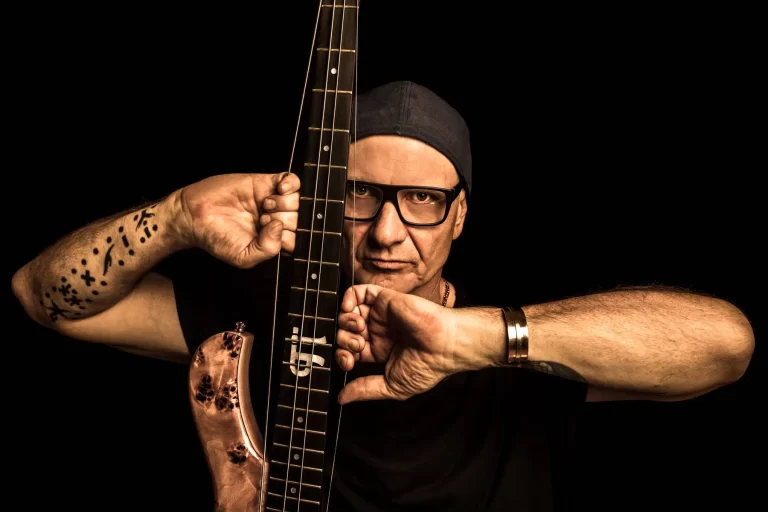
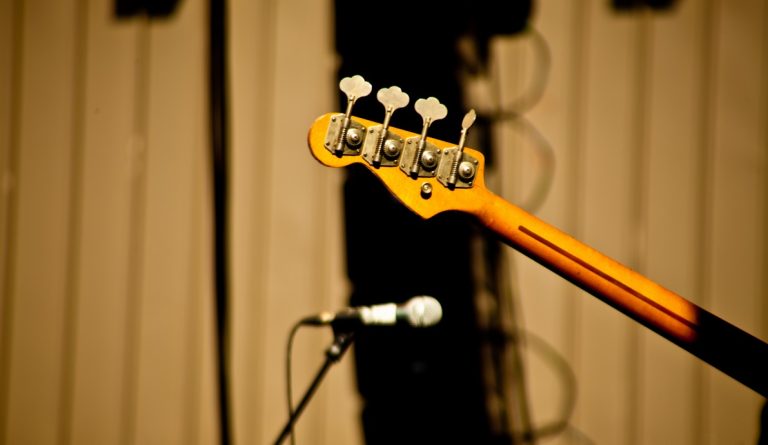

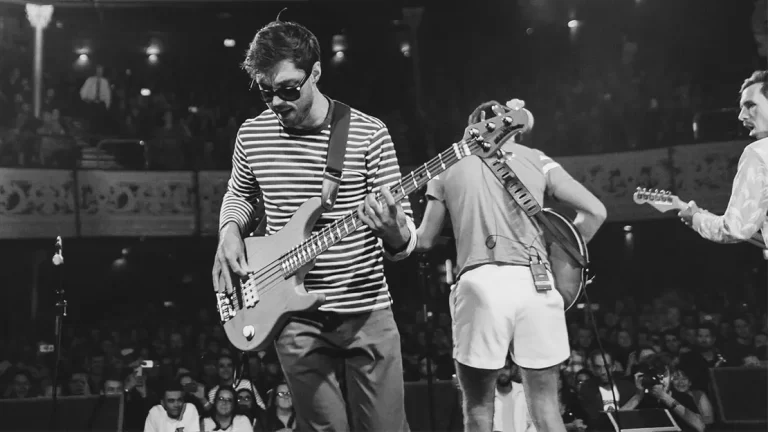

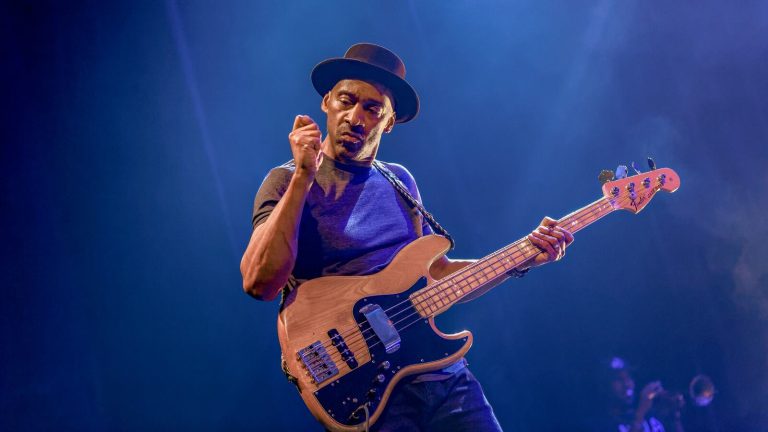
Not so “modern” but I love Ryan Martinie.
Oh, yeah, he’s awesome!